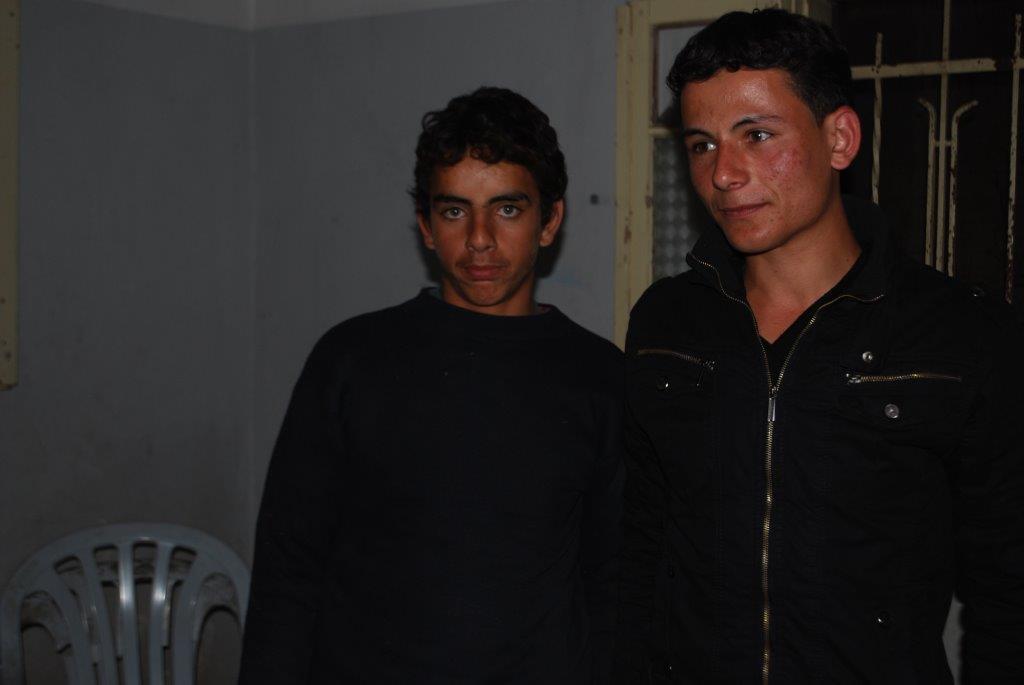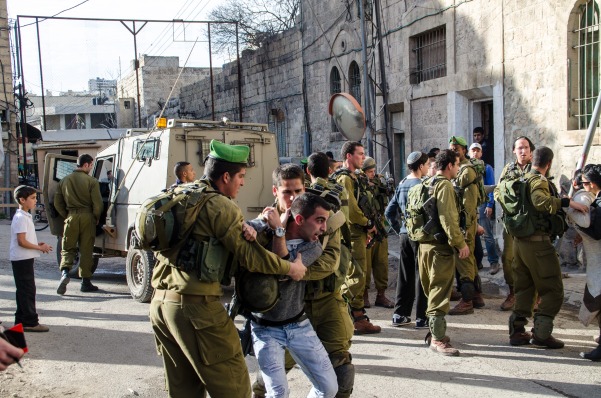Author: ISM Media
-
Two Palestinian fishermen, including child, kidnapped by Israeli forces off Gaza
27th January 2014 | International Solidarity Movement, Rosa Schiano | Gaza, Occupied Palestine On Monday, 20th January, at about 6:00 am, Yousef Amin Abo Warda (age 18) and his cousin Ahmad Kamal Abo Warda (age 16) left their house to go fishing in a small boat without an engine. Around 7:30 am they were fishing in…
-
Thirteen-year-old boy attacked by settlers then arrested at Checkpoint 56 in Hebron
25th January 2014 | International Solidarity Movement, Khalil Team | Hebron, Occupied Palestine On Saturday, January 25th at around 2:30 p.m., when a group of around 30 settlers were passing by Checkpoint 56 on Al-Shuhada Street in Hebron, two 13-year-old boys were attacked by five settlers. One of the boys, his father and a photographer were taken…
-
Who Profits report: Corporations profit from Israeli prisons
26th January 2014 | Samidoun: Palestinian Prisoner Solidarity Network Who Profits released the following report on the involvement of Israeli and multinational corporations in the Israeli prison system: On December 2013, the Israel Prison Service (IPS) responded to a freedom of information request by Who Profits, which was submitted three months earlier, regarding twenty-two corporations that provide services…



